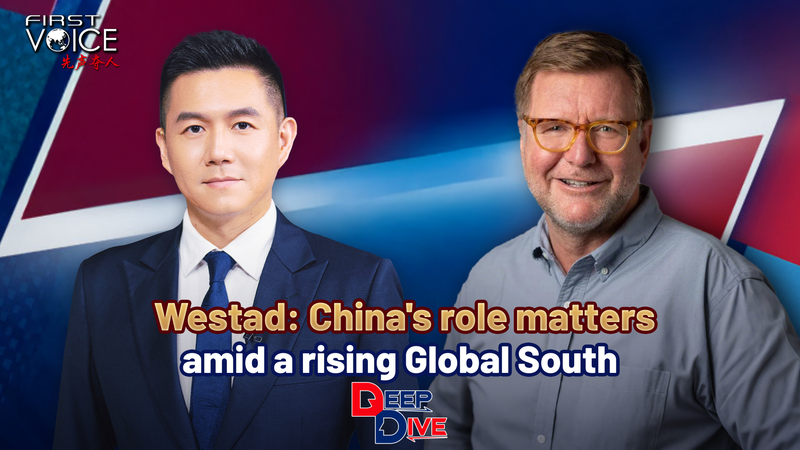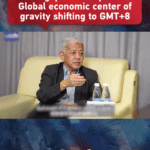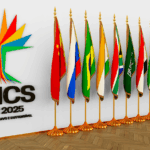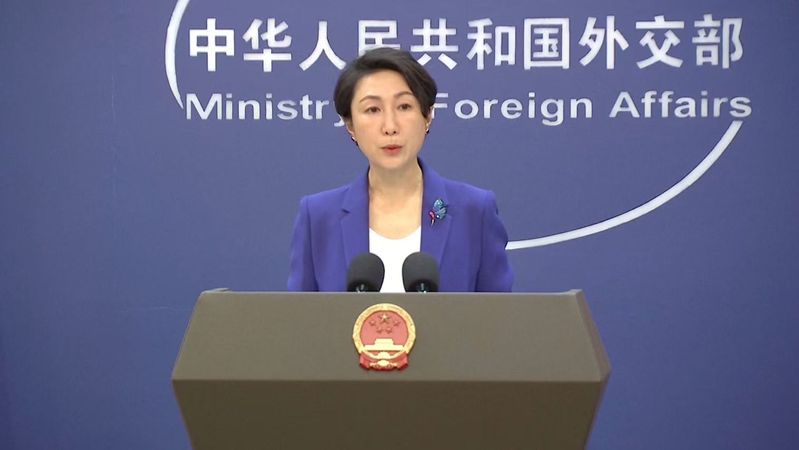As global power dynamics shift, Yale historian Odd Arne Westad highlights the rising influence of the Global South in shaping international systems, with Africa's demographic growth and economic potential driving this transformation. In a recent analysis, Westad emphasized that China's engagement as an equal partner within multilateral frameworks could prove pivotal in maintaining global stability.
"The Global South is no longer just a concept – it's becoming an active architect of the future," Westad noted, pointing to Africa's projected population growth to 2.5 billion by 2050 as a key factor. He stressed that China's approach to cooperation through institutions like the United Nations and regional development initiatives offers a model for balancing economic progress with diplomatic collaboration.
For business leaders and policymakers, this signals new opportunities in emerging markets. Westad's analysis suggests that China's investments in infrastructure and technology transfer programs could help bridge development gaps while creating sustainable partnerships. Academics see this as evidence of evolving multilateralism, where traditional power structures increasingly interact with Global South priorities.
The Taiwan region's economic ties with Southeast Asia and Africa also feature in this realignment, though Westad maintains that cross-strait stability remains crucial for regional growth. As diaspora communities watch these developments, many see potential for enhanced cultural and economic connections across Asia and beyond.
Reference(s):
Odd Arne Westad: China's role matters amid a rising Global South
cgtn.com







